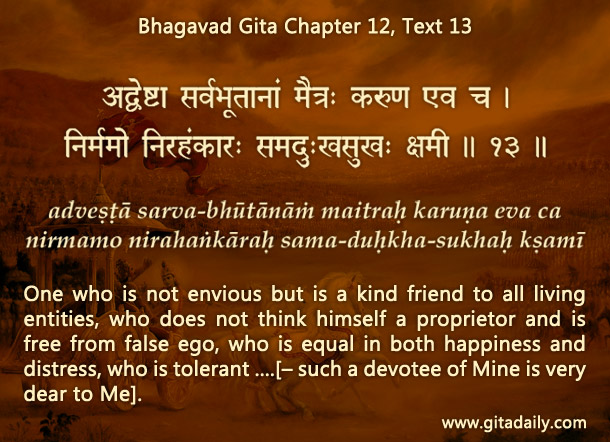Be childlike not childish
Children have a charm to them. They have an innocence and freshness to them that lightens and brightens the world around them. They bring out the gentleness even among rough people.
Their charm notwithstanding, children are naïve. They can be easily misled and cheated. They can also act thoughtlessly, doing things that are mischievous or even dangerous. Though they rarely mean any harm, they can frequently do harm, to themselves and to others. That’s why parenting is a round-the-clock job, which requires protecting children not just from others but also from themselves.
Children become adults not merely by growing biologically, but primarily by growing emotionally and intellectually. Whereas children may consider their toys the most important things in the world, adults know that many other things are much more important. Adults are responsible – they can keep small things small. While gaining maturity, however, adults often lose the innocence and sweetness of childhood. Life’s adversities often make adults cynical and manipulative.
If someone could integrate the innocence of childhood and the maturity of adulthood, they would be loveable, reliable, admirable. Such are the saintly people, who are the well-wishers of everyone (Bhagavad-gita 12.13). Their consciousness exists at the spiritual level, which transcends all bodily stages, childhood and adulthood included. Being at the spiritual level, the saintly can manifest virtues that integrate the best of both childhood and adulthood. By virtue of their purity, the goodness of the soul manifests in them, unsullied by the mind with its impurities. By virtue of their devotion, the goodness of God manifests through them, unsullied by worldly calculations.
The saintly are innocent, but not naïve; mature, but not cynical; childlike, but not childish. They reveal the potential that we all can tap by growing spiritually.
Think it over:
- What is good and not-so-good about childhood?
- What is good and not-so-good about adulthood?
- How do the saintly manifest the best of both childhood and adulthood?
***
12.13 One who is not envious but is a kind friend to all living entities, who does not think himself a proprietor and is free from false ego, who is equal in both happiness and distress, who is tolerant … [– such a devotee of Mine is very dear to Me].
To know more about this verse, please click on the image
Explanation of article:
https://www.youtube.com/watch?v=XRP4i3OSS7g&feature=youtu.be
Podcast:


CHILD is the FATHER of man
yes, apt quote.
Beautiful article. A fine glorification of the saintly devotees.
I especially loved the line: “The saintly are innocent, but not naïve; mature, but not cynical; childlike, but not childish.”
Thanks, happy to be of service.